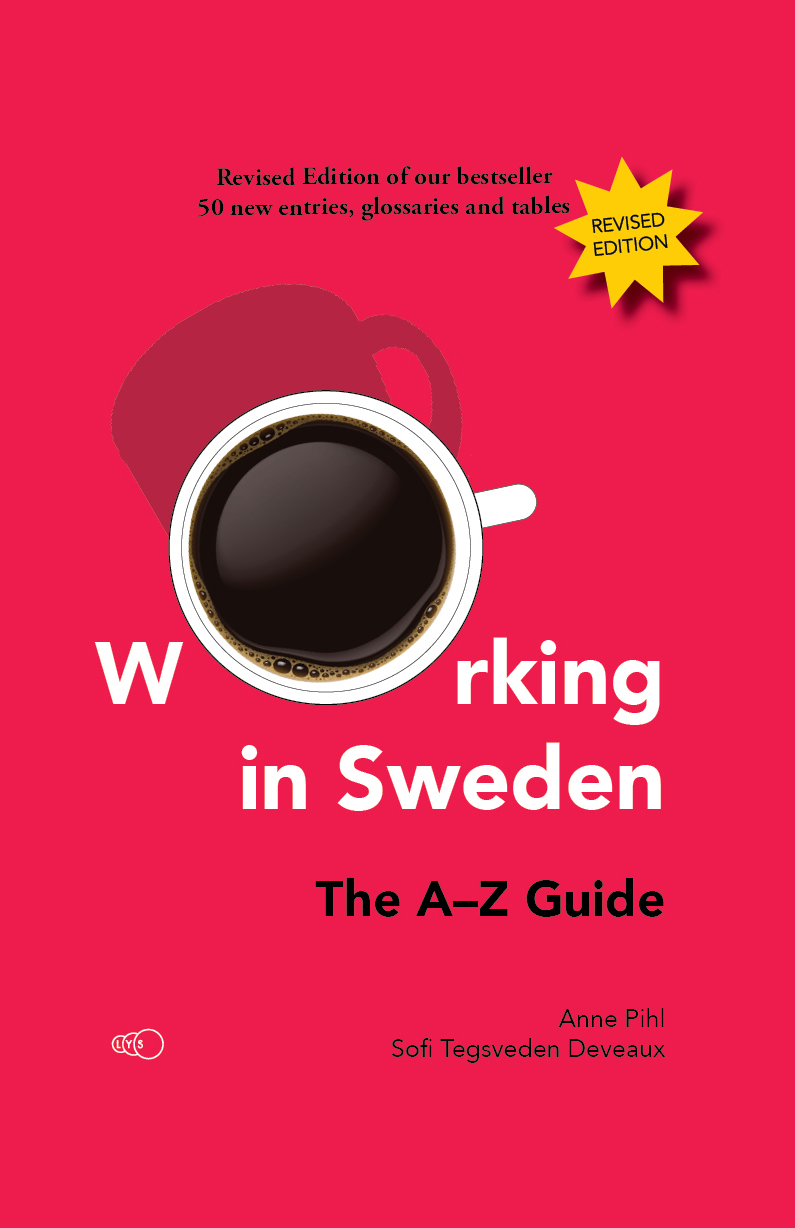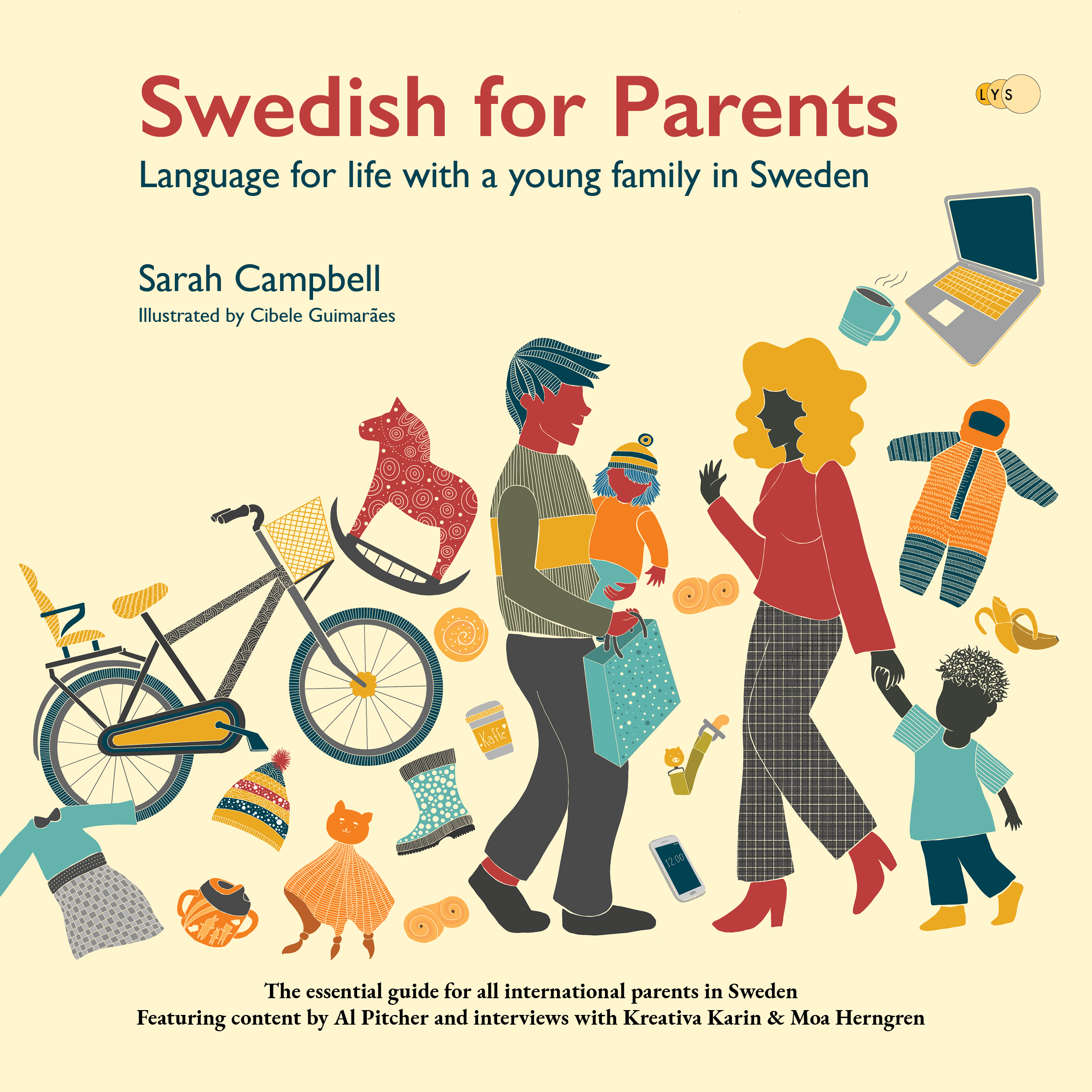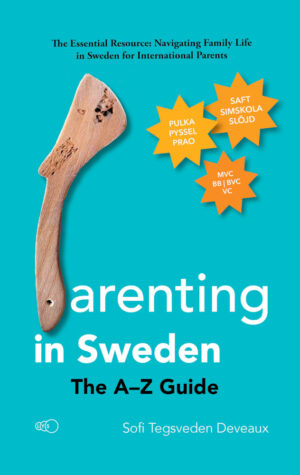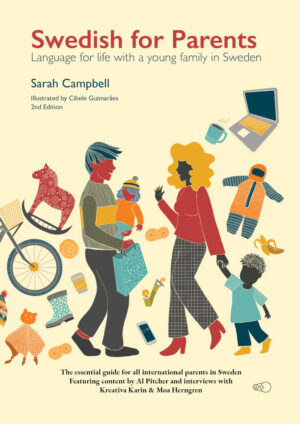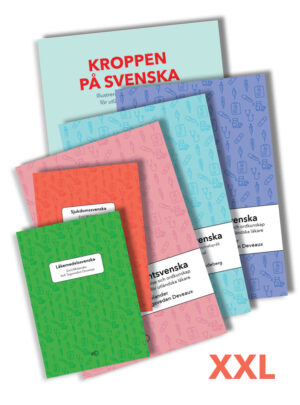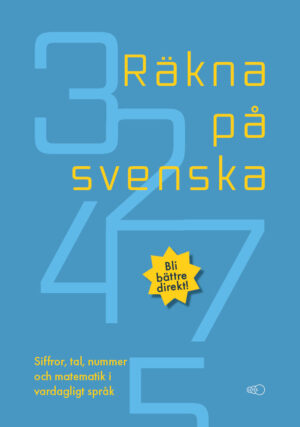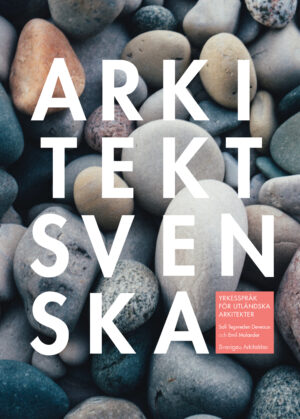If you have worked, studied, rented a cottage, or sent your children to school in Sweden, you must have come across the peculiar use of week numbers instead of conventional calendar dates. That is to say, instead of saying May the 7th, most Swedes would refer to today as Thursday, week 19. And just the way most of us have a mental image of what the weather in November is like, or what they normally do in July, most Swedes can easily picture the icy winds of week 6, or the busy shopping streets of week 50. Or what they are normally up to weeks 13 and 14. This is the very system they use for planning, organising and communicating date-related information – in their professional as well as private life. Swedes consider this to be the most convenient and efficient method, and have no patience with foreigners to whom this convention is unfamiliar.
This is one at first glance insignificant detail that has been going on my nerves since moving back to Sweden some years ago. It has caused me much confusion and frustration, and even conflicts. Until very recently, I refused to adapt to this system, and made a point of staring blankly at my colleagues when they suggested a meeting on Monday, week 16. Stubbornly, I would ask for a ‘proper’ date, and roll my eyes as this request was met with equal incomprehension. At some point, though, I grew up and realised that this attitude was taking up too much of my time, and I decided to conform. Only to discover that my phone calendar does not include week numbers, the way a paper calendar bought in Sweden does. There is probably and application that could solve this, but at that moment, I believed that the most convenient solution was to look up the week numbers for the year in question, and then enter them manually into my phone. I have not come so far that I can tell you what week we are at without looking it up, but I am becoming Swedish enough to agree that there are some (but not many) good points to it.
Check out our books on Swedish culture:
(Article continues below)
So what are these good points, and why do Swedes tend to favour the week system over day/month system? I have a few theories.
I believe that school plays a critical role for the introduction of the week system. For this context, I could admit that this is useful, or rather a convenient solution. I think Sweden is not the only country where timetables are arranged according to weekdays. After a few weeks of school, every student has a pretty good image of what every day of the week looks like. It is also very common to take part in organised leisure activities, such as sports or playing a musical instrument, once a week. The academic year, hence, is a succession of nearly identical weeks, with little variation. Say, Thursday, week 25, there is a school trip, and Friday, week 46 there is an important exam. The sports holiday (that I hope to dedicate another post to later) occurs sometime between weeks seven and eleven, depending on geographic location. In Stockholm, the sports holiday is always week nine.
Also grown-up Swedes like routine, and organised leisure activities. They tend to arrange personal life according to weekly or bi-weekly schedules. A Swede does not spontaneously meet up with a friend for a drink after work. Instead, he or she arranges a drink with a friend after work several weeks in advance. And this must not clash with other activities. Your average Swedish person has a rigid routine that specifies the exact weekday and time when he or she goes to the gym/shops for food/washes their clothes. Many people even dedicate a few specified hours per week for doing nothing! Most Swedish people can in this way visualise an average Monday (As all Mondays are more or less the same) or any other weekday, and if you ask to meet them, it is much easier for them to have an idea of what Tuesday week 48 would look like than if you present them with the much more abstract November 5th.
Working swedes are entitled to five weeks of holiday, which the majority take during the summer months. It is natural to take complete weeks off work, and arrange the holiday activities correspondingly. A typical summer for a Swedish family could look like this example; one week at the family summerhouse, one week in Spain, two weeks renting a cottage in the archipelago, and one week at home doing ‘city activities’. Holiday businesses have adapted accordingly, and the system is so widely accepted, that it is actually nearly impossible to rent a cottage for more or less time than x number of weeks.
The odd- and even numbered weeks should also be taken into consideration when trying to understand the week number phenomenon. Both in the work-place and at home, activities and responsibilities are arranged not only to a weekly, but also bi-weekly system. In families that consist of more than one household, it is not uncommon that children stay with one parent even-numbered weeks, and with the other parent odd-numbered weeks. In an office, an employee (regardless of position) can count on being responsible for making coffee once every two weeks, for example on Fridays odd-numbered weeks.
Of course, we have a chicken or egg situation here. Do Swedes arrange their lives according to the week number system, or do they use this convention because it suits their lifestyle? (Footnote. In Swedish, we ask for the hen or the egg – hönan eller ägget – in Swedish, arguably more accurate from a biological point of view).
Curious about this seemingly eccentric arrangement, I tried to find out where it stems from, and to my surprise I discovered this is NOT a Swedish convention per se. Although it might not be used widely elsewhere, it is actually international standard, and part of ISO 8601, from 1988, covering date and time-related data. For Americans especially, it might be worth noting that according to this standard, the first day of the week is Monday. Weeks are numbered accordingly; the first week of the year that has four days or more will count as week one. So, if January 1:st is a Monday, Tuesday, Wednesday or Thursday, this will constitute the first week of the year. If January 1:st happens to be a Friday, Saturday or Sunday, this will still count as week 52 or 53 of the previous year, and the following Monday (which will be January 2:nd, 3:rd or 4:th) will be the first day of week one.
When studying ISO 8601 in more detail, I further discovered that apart from week numbers, it also specifies a standard for writing what I insist on calling ‘normal’ calendar dates. Another surprise here is that the international standard for writing today’s date would be 2015-05-07, that is, in the format of YYYY-MM-DD or YYYMMDD. This is indeed the way the Swedes do it, but I have not seen the same system in many other parts of the world!
Taking a patriotic stance, I will argue here, that in contrast to the week number system, I believe that it makes perfect sense to write calendar dates as per the YYYY-MM-DD structure rather than the (in my experience) commonly used DD-MM-YYYY, or the less often used MM-DD-YYYY, that is common in America. For filing or administrative purposes it is superior, as data can be organised according to dates in chronological order without upsetting the system.
Speaking of calendar dates, I will take the opportunity to remind you, that today’s date would be pronounced as:
- torsdag den sjunde maj tjugohundrafemton/tvåtusenfemton
It would be written as one of the following options:
- 2015-05-07
- 7/5 2015
- 7 majj 2015
Or, with the weekday included:
- torsdag 2015-05-07
- torsdag 7/5 2015
- torsdag den 7:e maj 2015
Please observe that weekdays as well months are written in lower case. (Using upper case lettering for days and months is a mistake many native Swedes do. Please do not learn from them.)
An interesting twist to, though, is that the last few years, I have noticed a gradual change towards the internationally accepted (not standard!) form of DD-MM-YYYY. I have seen it on both individual and institutional level, and very often to specify the expiry date of food products. This, I would think, is probably the effect of a more, as they call it, globalised world order, where little Sweden knows what the cooler kids are up to, and try to mimic.
So why have the Swedes followed the ISO up till now, if most of the world population does not? And why am I not surprised that this seems to be the case? I believe it is the symptom of a small country.
Sweden, to me, acts almost like the teacher’s favourite in the classroom. Perhaps not the top student – not intelligent, or creative enough – but the most conscientious, hard-working one, always doing what they are being told. Not having much self-esteem, feeling inferior to the cooler kids, but at the same time very confident when it comes to rules and facts. Bigger countries may not be doing what they are told, but it is not that important to them. They find their confidence, or esteem, in just being themselves. I do not know if there is such a study, but I would be very interested in statistics showing how much different countries follow international standards. I am convinced that Sweden, and other small countries would score very high, whereas bigger countries are more likely to use their own systems.
And if you, by any chance, need to know the current week number, check out veckonr.se.

